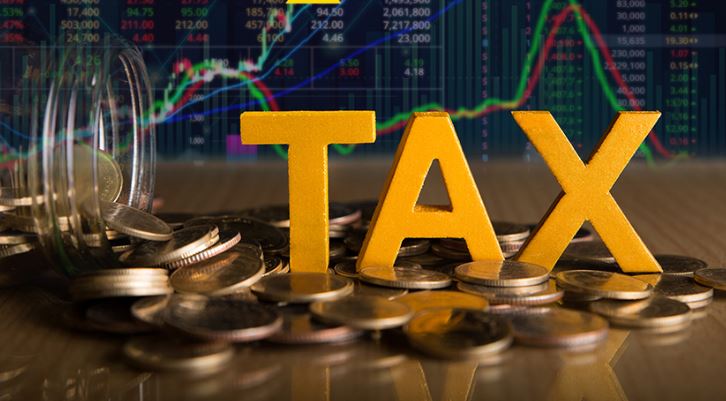Forex trading is a lucrative business that has been gaining popularity in Singapore over the years. As with any other business venture, it is important to understand the tax implications of Forex trading to avoid any legal issues with the government. In this article, we will provide you with a comprehensive guide on Forex trading tax Singapore.
Best Brokers List for Singaporeans
Understanding Forex Trading
Forex trading refers to the buying and selling of currencies in the foreign exchange market. It is the largest financial market in the world, with a daily turnover of over $6 trillion. The market is open 24 hours a day, 5 days a week, and operates through a network of banks, brokers, and individual traders.

When trading Forex, you are essentially betting on the direction of a currency pair. For instance, if you think that the USD/SGD pair will appreciate, you can buy USD and sell SGD. If the pair does indeed appreciate, you will make a profit by selling your USD for a higher SGD value. Conversely, if the pair depreciates, you will make a loss.
Forex Trading Tax Singapore: Overview
Singapore has a favorable tax regime for Forex traders. The Inland Revenue Authority of Singapore (IRAS) considers Forex trading as a speculative activity, and hence, the gains from Forex trading are not subject to income tax. This is a significant advantage for Forex traders in Singapore as they can keep more of their profits.
It is important to note that this tax exemption only applies to individuals who trade Forex as a hobby or a side income. If you trade Forex on a full-time basis or for a living, then it is considered a business activity, and your gains will be subject to tax.
The tax exemption on Forex gains also applies only to Singaporean residents. If you are a foreigner trading Forex in Singapore, your gains may be subject to tax in your home country, depending on the tax laws in your country.
Forex Trading Tax Singapore: GST
Goods and Services Tax (GST) is a consumption tax that is levied on goods and services in Singapore. Forex trading falls under the category of financial services and is exempt from GST.
However, if you trade Forex through a broker or a bank, you may be charged GST on the brokerage or bank fees. This is because these services are considered to be taxable service expenses.
Record Keeping
As a Forex trader, it is important to keep accurate records of all your trades and transactions. This will help you to calculate your gains accurately and ensure that you comply with the tax laws of Singapore.
You should keep records of the following:
- Date of the trade
- Currency pair traded
- Buy/sell price
- Quantity of currency traded
- Commission charged
- Any other expenses incurred
You should also keep records of your bank statements and any other financial documents related to your Forex trading activity.
FAQs: Forex Trading Tax in Singapore
What is the tax rate for Forex trading in Singapore?
As mentioned earlier, Forex trading gains are not subject to income tax in Singapore.
Are Forex trading losses tax-deductible in Singapore?
No, Forex trading losses are not tax-deductible in Singapore.
Do I need to declare my Forex trading gains to IRAS?
No, you do not need to declare your Forex trading gains to IRAS if you are a Singapore resident trading Forex as a hobby or a side income.
Do I still need to pay tax if I trade Forex full-time?
Yes, if you trade Forex full-time or for a living, it is considered a business activity, and your gains will be subject to tax.
Conclusion
Forex trading tax Singapore is fairly simple and straightforward. As long as you are a Singaporean resident and trade Forex as a hobby or a side income, your gains are tax-exempt. However, it is important to keep accurate records of your trades and transactions to ensure that you comply with the tax laws of Singapore.
If you have any further questions about Forex trading tax Singapore, you can visit the IRAS website, seek advice from a tax professional or a financial advisor. Happy trading!